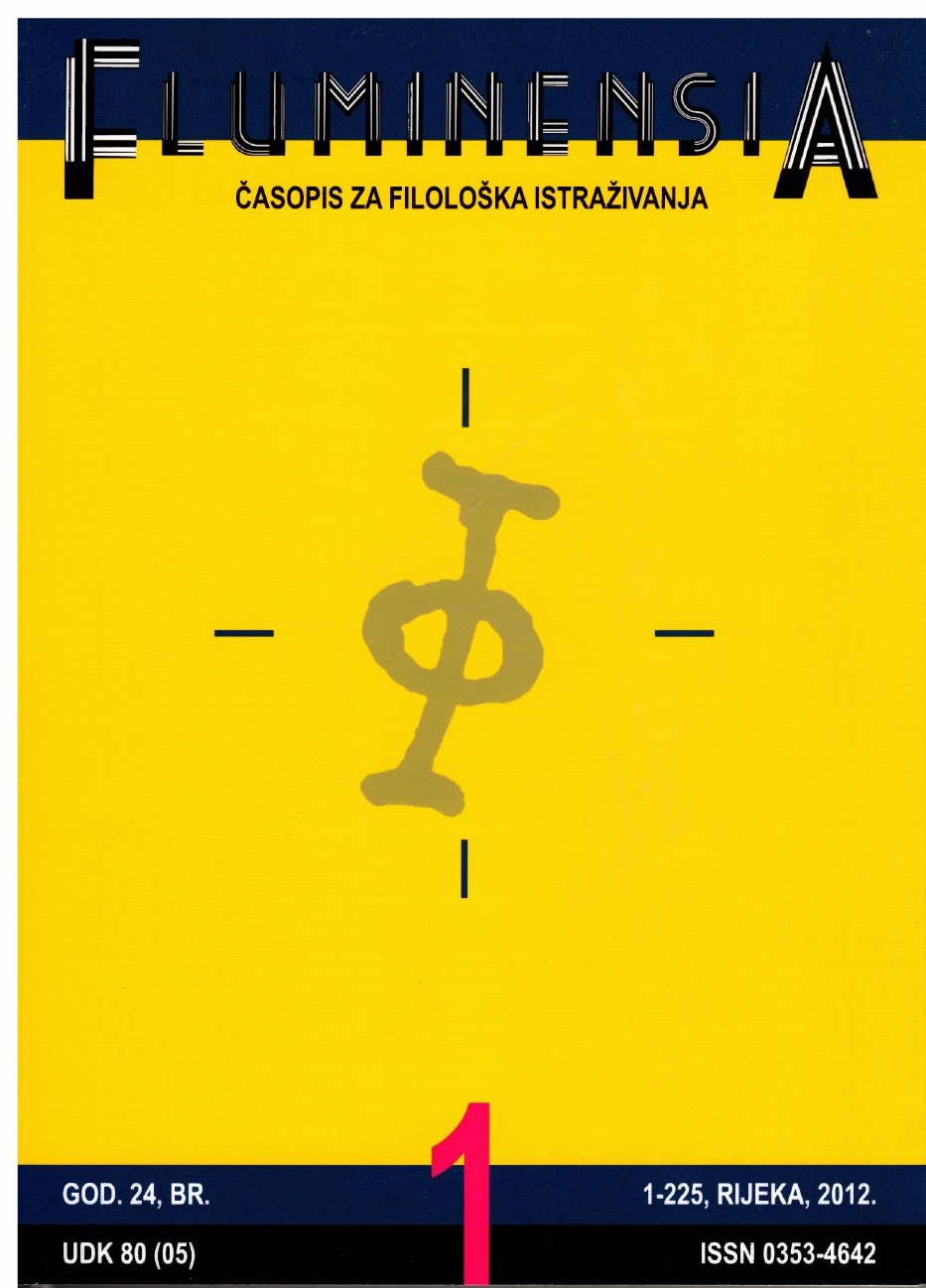CONTRIBUTIONS TO THE TEXT AND RECEPTION OF KOŽIČIĆ’S SPEECH DE CORUATIAE DESOLATIONE
Keywords:
Šimun Kožičić Benja, De Coruatiae desolatione, Fifth Lateran Council, Galicianism, Concordat of Bologna, French translationAbstract
Out of the two Šimun Kožičić Benja’s Latin speeches the one titled De Coruatiae desolatione (Croatia Devastated, 1516) has until now been considered to be only partially preserved. This paper demonstrates that it has been fully preserved. After an overview of the content of Croatia Devastated, the Council and international context in which both of Kožičić’s speeches were created is outlined. He gave the first speech on 27th April 1513 as the first speaker in the continuation of the Fifth Lateran Council, after the election of the new Pope, Leo X. However, the second speech given on 5th November 1516, outside the Council, also came at an important moment: shortly after the conclusion of the Concordat of Bologna and shortly before its official acceptance by the Council. Analysis reveals certain differences between the two speeches: in the 1513 speech Kožičić’s presentation had a better layout and was more related to the Council topics and the speaker saw a new hope for the Church and defence from the Turks in the new Pope. The speech from 1516 was significantly shorter and its main purpose was to start a crusade; the speaker addresses Leo X with strong admonitions, almost threats. Besides in Rome in 1516, the De Coruatiae desolatione speech was also published in Paris, probably in 1517. However, until now it was unknown that it was printed in French translation in 1518; this translation was reprinted in 1560 and 1561. The editions from 1518, 1560 and 1561 were in fact proceedings of political pamphlets relating to the defence of Galician fraternities, that is, the struggle of the French estates for rights against the Pope and King himself. Kožičić’s strong admonitions to Leo X (but also praise of French as the past leaders of the crusades) must have fit well the anti-Pope mood that grew stronger in France after the Concordat of Bologna in 1516, and the Parisian publishers included his speech into such proceedings. The 1518 edition is of unique value for Croatian literature because it is a very early – maybe even the first – translation of a Croatian author to French. A critical edition of an integral Latin text and its translation to Croatian is given in the Appendix.

